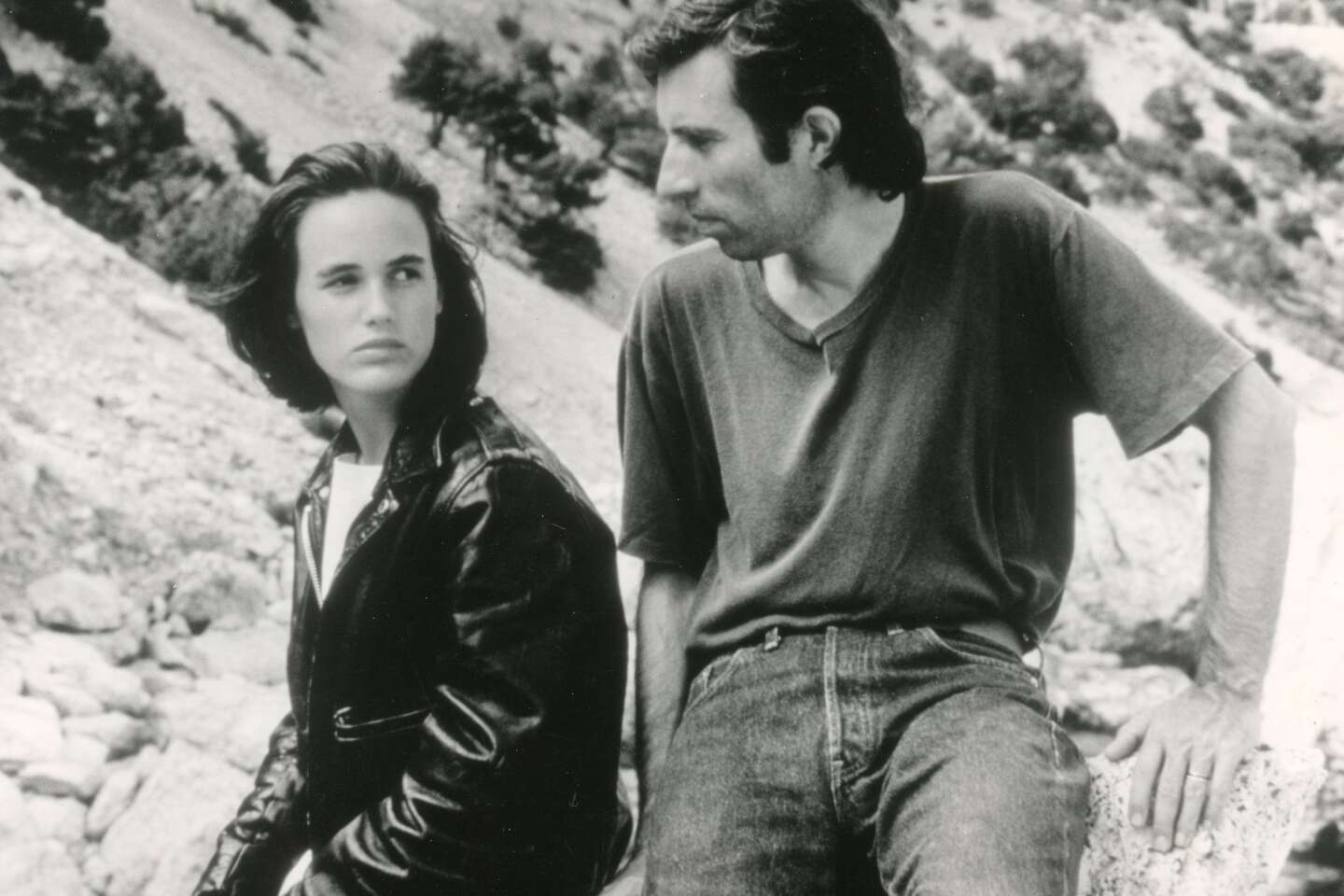


Over the past few weeks, between the op-ed denouncing Gérard Depardieu and the affair surrounding Judith Godrèche, the actress who accused director Benoît Jacquot of rape, everyone has been wondering if the real #MeToo of French cinema had finally happened − if something had finally changed. Yes, but what exactly? This is the story of a rhetorical tipping point.
The first act was an article in the conservative French daily Le Figaro, published on December 25, 2023, defending Depardieu, the "sacred monster" under investigation for rape and sexual assault, who was shown on video spouting insanities at a little girl riding a horse. The avalanche of counter-letters and the reversal of public opinion provoked a violent backpedaling of the signatories, to the point where one wonders whether the "lynching-media court-manhunt" refrain might have run its course – except for the French president, who has defended the actor.
The second act, the exhumation of Gérard Miller's 2011 documentary on Les Ruses du Désir : l'interdit ("The Ruses of Desire: The Forbidden"), was like a thunderclap. In the film, there is an interview with Jacquot, who acknowledges, with a smile and a touch of bravado, his taste for very young girls. He even blithely explains that cinema is only ever a "cover" for "illicit trafficking" in "morals of this type," i.e. sexual relations with minors. He cites his past relationship with Godrèche, who was 14 at the time, as an example.
He acknowledges the illegality of this traffic. "But I didn't give a damn," he says, before insisting that the whole corporation envied the profits he made from his reputation as a director. His remarks couldn't be clearer, more precise or cruder. We've heard of the "unabashed racist," now it's the "unabashed predator." He won't be able to feed us the "it was a different time" or "we didn't know" line, since he has just admitted, with a laugh, that he was perfectly aware of what he had done.
Tipping point
This is the tipping point. However disgusting Depardieu's comments on girls' "pussies" may be, they are the provocations of a man who has made obscenity his permanent mode of debauchery, when he doesn't outright deny ever having assaulted a woman in his life. In a way, Jacquot's speech is the opposite. Suddenly, we hear the composed, constructed discourse of the organized predator. It's almost unexpected.
Yet this discourse has always been there: public, rampant, even admitted. Jacquot has never hidden his taste for underage girls, just as French writer Gabriel Matzneff has never hidden his taste for girls "under 16" or actor Philippe Caubère his taste for prostitutes, for example. The difference is that Jacquot has long since perfected a screen discourse, linking his sexual desire to his creative work as a necessity. The 2011 interview proves that there's a very fine line between the artist tortured by the Pygmalion effect and the actions of the ordinary (and uninhibited) pervert.
You have 60% of this article left to read. The rest is for subscribers only.
